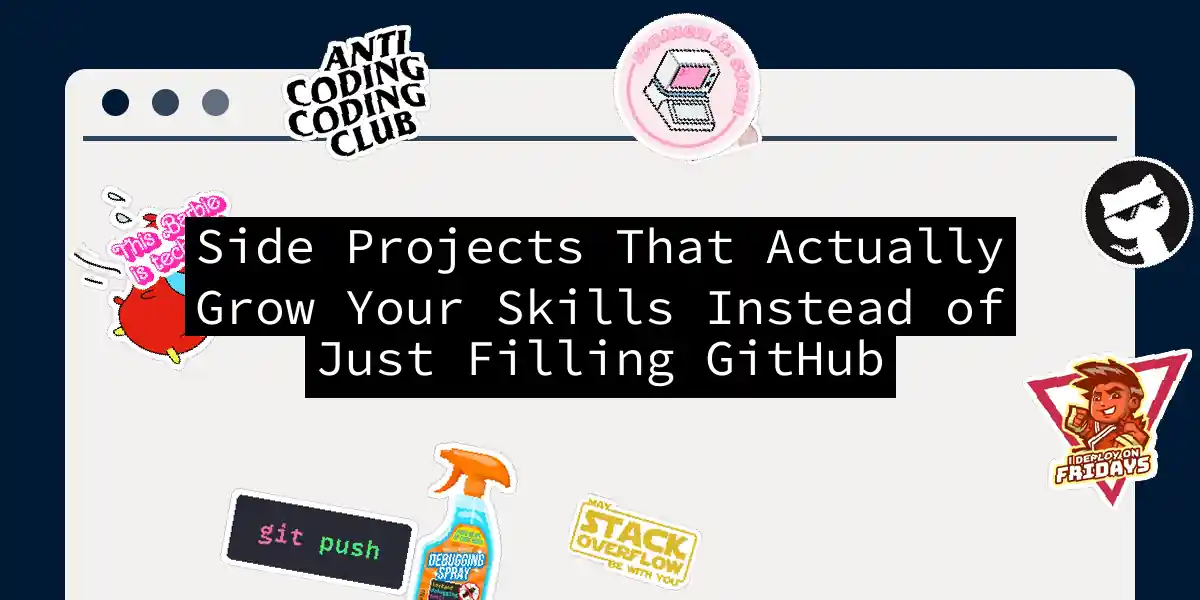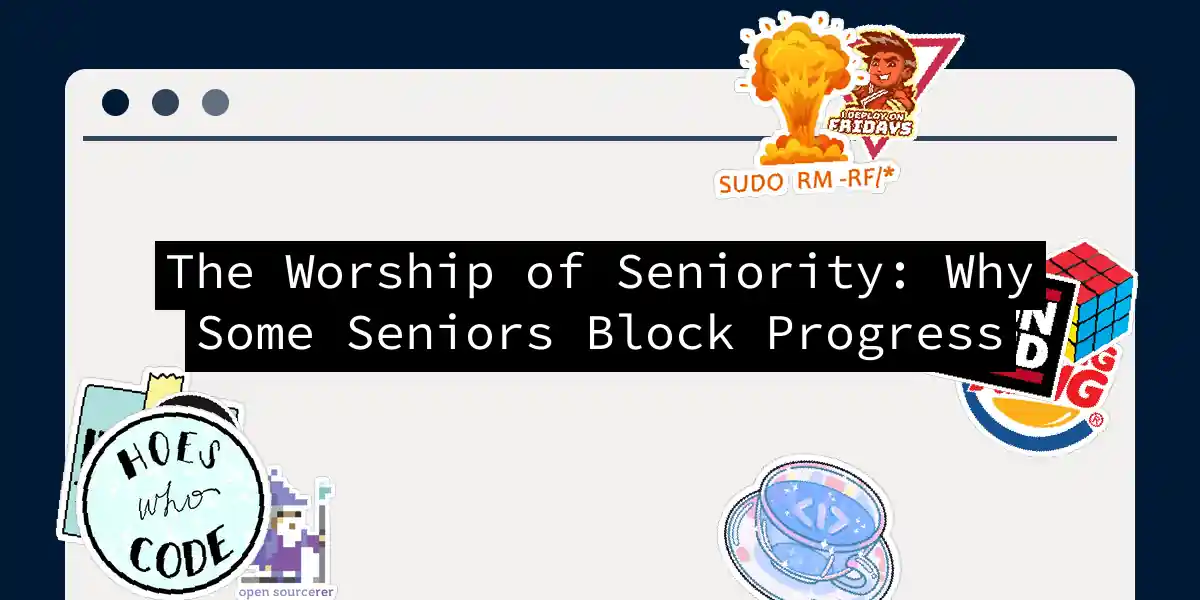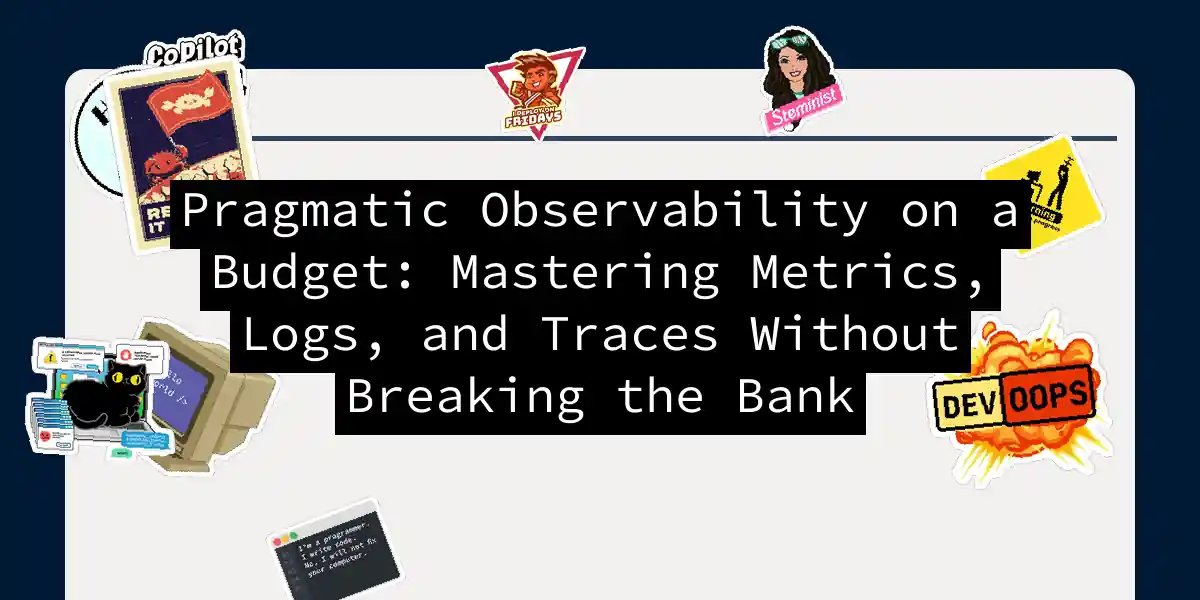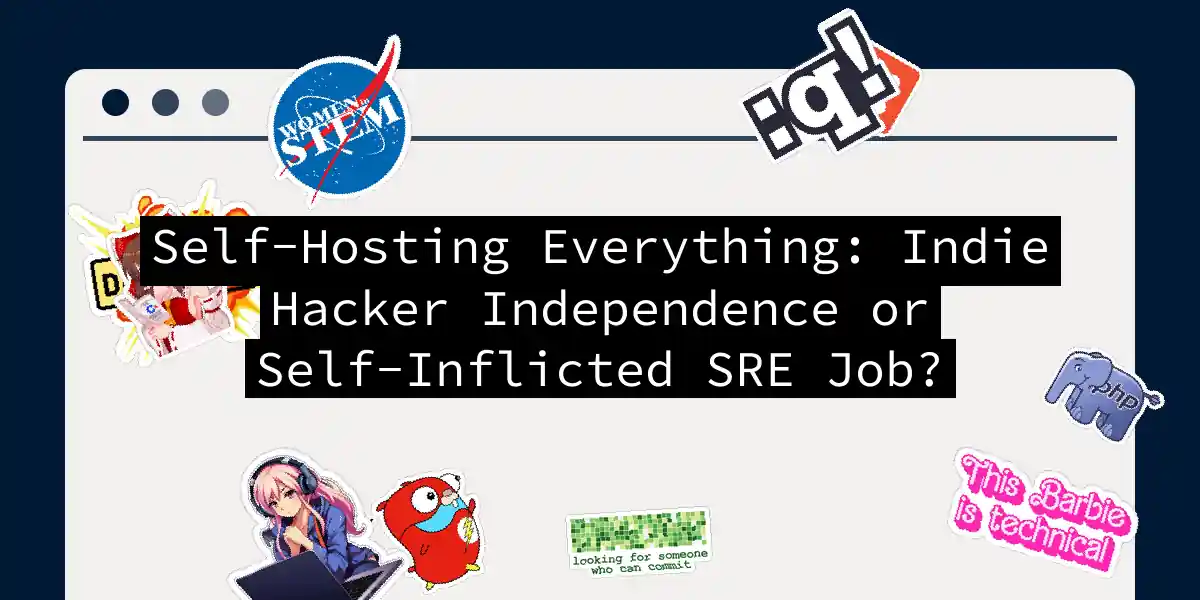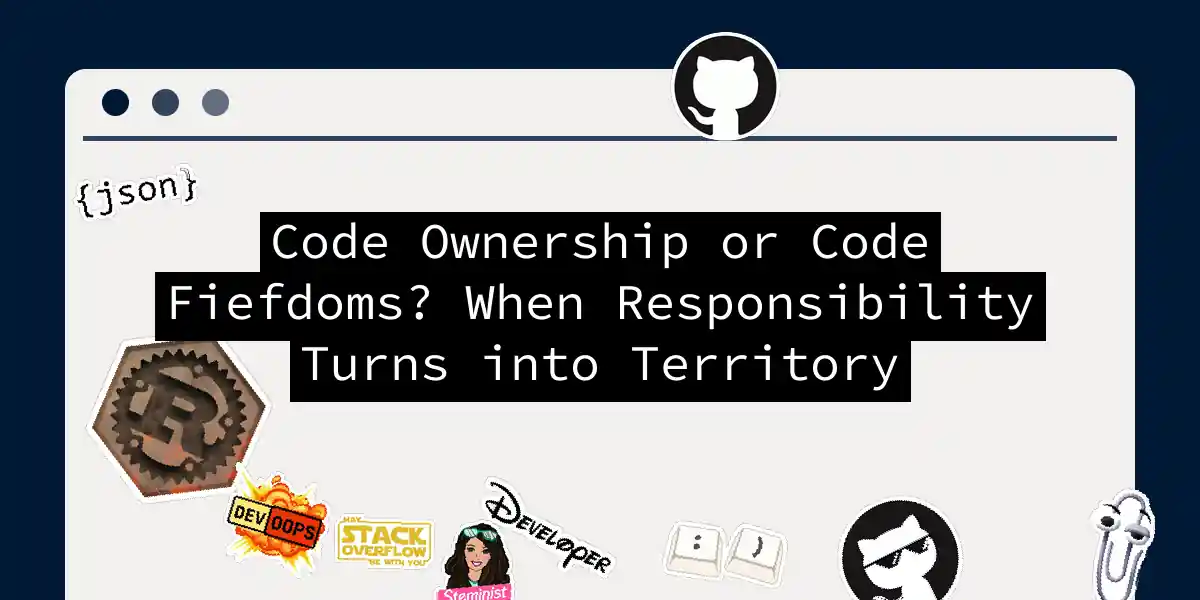
Code Ownership or Code Fiefdoms? When Responsibility Turns into Territory
In medieval times, lords ruled their fiefdoms with an iron fist. They had absolute authority over their territories, decided who could enter, what could be built, and who could leave. Fast forward to the modern software engineering era, and you might find something eerily similar lurking in your codebase—except instead of castles and moats, we have pull requests, code reviews, and firmly guarded repositories. Code ownership is supposed to be a good thing....
